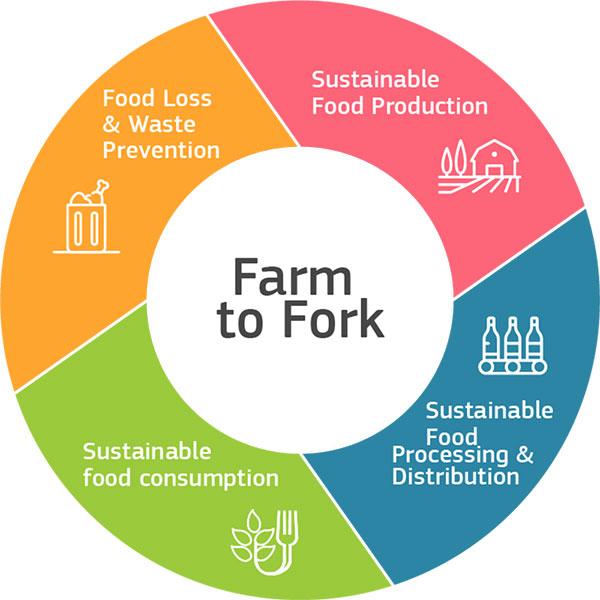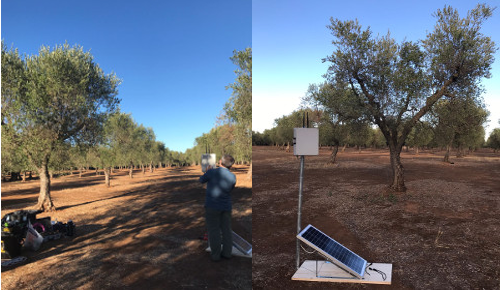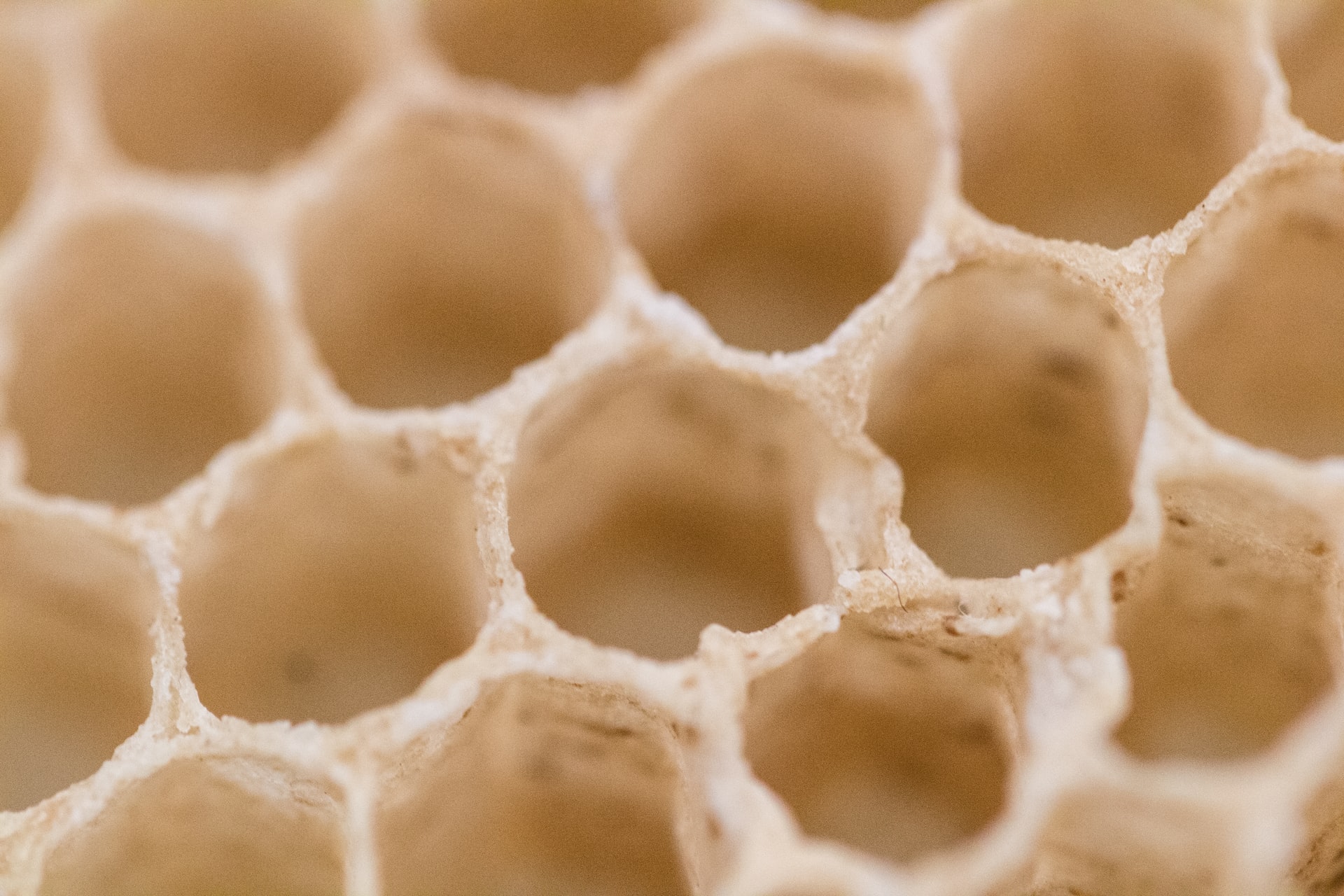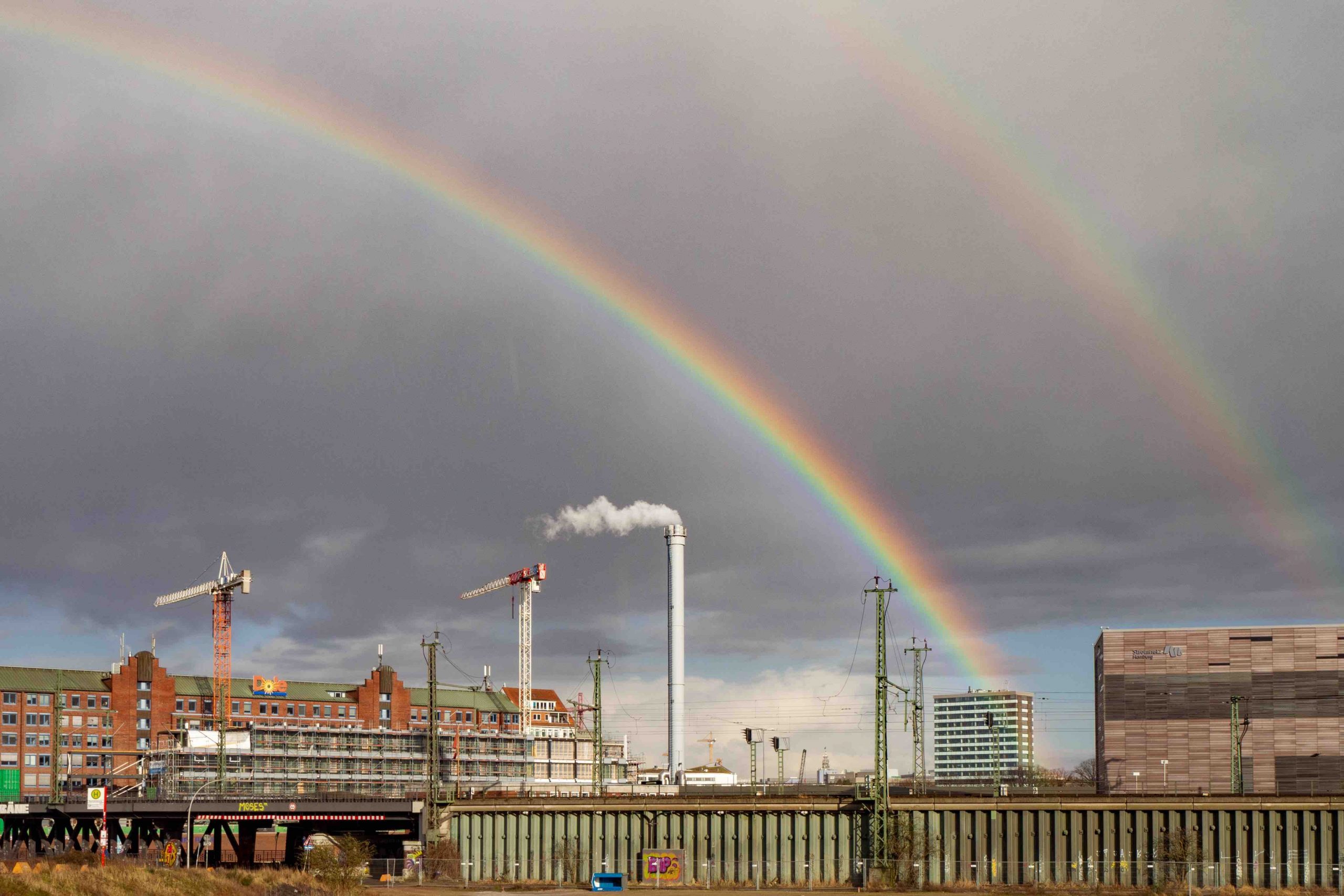Agriculture, food security, food production, and even our food culture: all these sectors interact with the climate system, all of them contribute in some way to the changing climate and each of them is affected by climate change impacts.
Climate change’s negative impacts are already being felt, in the form of increasing temperatures, weather variability, shifting agroecosystem boundaries, invasive crops and pests, and more frequent extreme weather events. On farms, climate change is reducing crop yields, the nutritional quality of major cereals, and lowering livestock productivity.
The problem also works in reverse. Agriculture is a major part of the climate problem. It currently generates 19–29% of total greenhouse gas (GHG) emissions, consumes large amounts of natural resources, results in biodiversity loss and negative health impacts (due to both under- and over-nutrition) and does not allow fair economic returns and livelihoods for all actors, in particular for primary producers.
This is why, according to the EU “Farm to Fork” strategy, we must redesign our food systems. Substantial investments in adaptation are required to maintain current yields and achieve production and food quality increases to meet demand. New technologies and scientific discoveries, combined with increasing public awareness and demand for sustainable food, represent powerful tools in a changing world.

Smart agriculture is an integrated approach to managing landscapes – cropland, livestock, forests and fisheries involving the engagement of recent technologies, such as the Internet of Things, big data analysis, artificial intelligence, cloud computing and remote sensing aimed towards the optimization of production efficiency, along with reductions in the usage of water resources and energy with minimum environmental effects.
Among CMCC research, the SIMPLe project implemented strategies to reduce environmental impact and greenhouse gas emissions generated during the production cycle, modernise facilities, and address challenges that can reduce crop productivity, such as climate variability or the presence of pathogens. CMCC researchers provided the necessary agroclimatic indicator information for short and medium to long-term crop planning. They also conducted a Life Cycle Assessment (LCA) analysis of the horticultural production process to estimate the reduction in greenhouse gas emissions (carbon footprint) and water consumption of an intelligent eco-greenhouse compared to a traditional greenhouse. The project aims to present and provide the regional horticultural sector with an automated and highly efficient greenhouse production system, thanks to the use of sensors capable of monitoring the entire crop cycle, making it smart and sustainable.
Regarding phytopathology, smart application was developed to tackle the olive quick decline syndrome outbreak, caused by the bacterium Xylella fastidiosa, which has been spreading throughout Southern Italy since, at least, 2013. The CMCC research team, led by Riccardo Valentini in the framework of the EU project XF – ACTORS, created the “Tree Talker”: a 12 cm sensor installed on the trunk of the olive trees for real time monitoring and early detection of infected plants.

This kind of black box allows us to evaluate the effectiveness of remedies put in place or to provide diagnoses and early detection of the infection even in those olive trees with no evidence of disease. A system to detect and allow us to acquire data in continuum (every 30 seconds via wi-fi), in particular on eco-physiological traits and plant characteristics such as water transport in plants, trunk moisture, and leaf spectral properties in order to monitor plant conditions and understand if they have been infected or not by the bacterium.
Rigenerazione Salento was another project related to the Xylella outbreak. It had the ambition of redesigning the agricultural production systems of the jonico-salentino area to support the most vulnerable and fragile rural communities in a durable and compatible way, with the aim of preventing their abandonment and further migratory processes; connecting production systems with different markets, feeding virtuous and sustainable paths also thanks to new practices and new development models.
Rigenerazione Salento generated a complex system of decision support mechanisms, capable of re-elaborating contextual, naturalistic, climatological, infrastructural and social data and translating them into intervention strategies, expert systems, medium and long-term forecasts, and production solutions.
Through the use of High Performance Computing, HIGHLANDER project processed data and generated climate forecasts and projections to reduce the risks associated with climate change, for a more intelligent and sustainable management of natural resources and the territory.
The project focused on a smarter management of agriculture – irrigation schedules, fertiliser inputs, water cycle and sustainability of competing uses (hydropower, domestic, agricultural, ecological) – supporting planning and decision-making when considering territorial resources and systems owing to short-term forecasts and medium-term climate projections, including extreme events and related climate risks. Moreover it aimed to ensure animal welfare, proper environmental management of natural parks, and forest fire predictions and controls, integrating climate data, satellite observations and Internet of Things (IoT).
Moving on to projects that are currently operational, the National Center for the Development of New Technologies in Agriculture (Agritech) is based on the use of enabling technologies for the sustainable development of agri-food production, with the aim of promoting adaptation to climate change, reducing the environmental impact in the agrifood sector, the development of marginal areas, and guarantee safety, traceability and security of supply chains.
The project is worth around 350 million euros, of which 320 million to be paid by the PNRR and involves 28 universities, 5 research centres, and 18 companies. The Center is structured in Hub&Spoke, with the University of Naples Federico II responsible for the national hub and 9 different spokes. CMCC is part of the spoke “Integrated models for the development of marginal areas to promote multifunctional production systems enhancing agro-ecological and socio-economic sustainability”. CMCC researchers design, test and develop methods, models and tools to support land management, with a focus on protecting soil by erosion and promoting agro-ecology, in the context of climate resilience and carbon neutrality.
The main objective of BIOservicES project is to understand the interconnection between soil organisms (virus, bacteria archaea, fungi, protists, nematodes, microarthropods, earthworms, isopods, millipedes, insects and spiders) and the delivery of soil multiple Ecosystem Function and Services (EFS) at different scales (field vs landscape), identifying the pressures and drivers resulting from different land uses and climate change, and performing an economic valuation of the contribution of soil organisms to ES.
BIOservicES will also deepen in the relationship between soil organisms and soil structure, and how this interaction is affected by land use and management intensity, to contribute to the EU Soil Mission objective “Improve soil structure to enhance habitat quality for soil biota and crops”. BIOservicES will thus deliver new knowledge, new indicators based on soil organisms and the EFS in which they are involved and digital decision-support tools and models to help design climate resilient management practices and monitoring/conservation/restoration programmes adapted to a range of environments (land uses and biogeographic regions) across Europe, to maintain and foster the multiple EFS in which soil organisms are involved.
The ACQUAOUNT project aims to improve IWRM and sustainable irrigation through the deployment of innovative tools, smart water services and solutions, for public and private use, while contributing to climate resilience. ACQUAOUNT will develop a suite of innovative tools covering monitoring and control (IoT), interoperability and standardisation (WoT), efficient operation and recommendations for water and production efficiency (weather and complex dynamic modelling tools combined with data analytics and a decision-support tool) and smart visualisation and data exploration (KPIs-based visualisation).
The combination of these tools will permit simulating complex interactions and feedback across several time horizons and multiple related environmental and socio-economic dimensions, leading to policy recommendations and CC adaptation strategies. All these innovations will be demonstrated at large scale in basins of four Mediterranean countries (Italy, Jordan, Lebanon, and Tunisia) where water efficiency is a must to cope with water scarcity and climate change.
Last but not least, the project SEBASTIEN (Smarter livEstock Breeding through Advanced Services Tailoring Innovative and multi-sourcE data to users’ Needs) wishes to implement large-scale ICT-based (mainly Cloud but also HPC) services to support smart livestock farming and management (i.e., both environmentally and socio- economically sustainable), while reducing risks and taking opportunities posed by climate change and its variability, as well as by other concurrent environmental stressors and anthropogenic pressures.
The main goal of SEBASTIEN is to deliver, in the form of a package of services hosted in an open and interoperable web portal, a Decision Support System (DSS) for a more efficient and (economically and environmentally) sustainable management, and consequent valuing, of the livestock sector in Italy and in particular cattle, sheep and goat breeding.
The DSS will address needs and priorities of different actors, from breeders and their associations, to assisting practitioners, researchers in the field, governments, market operators and entrepreneurs, and in particular SMEs, especially as downstream “intermediate” users of the produced information and tools and thus acting as purveyors of further services.
Picture Credits: Markus Spiske via Pexels.






